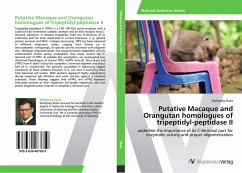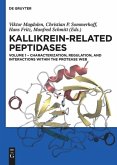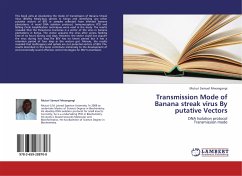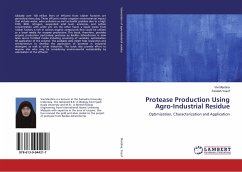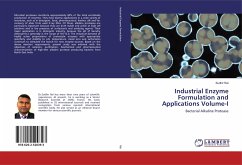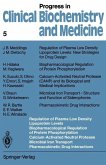Tripeptidyl-peptidase II (TPP2) is a 138-150 kDa serine protease with a subtilisin-like N-terminal catalytic domain and an 800 residues long C-terminal extension. It releases tripeptides from the N-terminus of its substrates and has been implicated in various processes, e. g. general protein turnover and MHC I antigen processing. TPP2 has been observed in different oligomeric states, ranging from dimers up to tetracontamers. Intriguingly, its specific activity increases with oligomer size. Although oligomerization and oligomerization-dependent activity enhancement remain poorly understood, they likely involve the C-terminal part of TPP2. To validate this assumption, we investigated two shortened homologues of human TPP2: mTPP2 from M. fascicularis and oTPP2 from P. abelii lacked the complete C-terminal segment and about half of it, respectively. We partially succeeded in expressing tagged constructs of these putative enzymes in E. coli and in purifying them from bacterial cell lysates. Both proteins appeared highly polydisperse during analytical gel filtration and were inactive against a standard substrate. These findings suggest that mTPP2 and oTPP2 represent truncated variants of their respective full-length sequences, and that proper oligomerization requires a complete C-terminal part.
Bitte wählen Sie Ihr Anliegen aus.
Rechnungen
Retourenschein anfordern
Bestellstatus
Storno

